Commentary: The politics of Malaysia PM Anwar’s trips to Saudi Arabia and China
No amount of positive coverage from Malaysia PM Anwar’s trip to China will change perceptions that he was intentionally snubbed by Saudi leadership during a recent trip, says CNA’s Leslie Lopez.
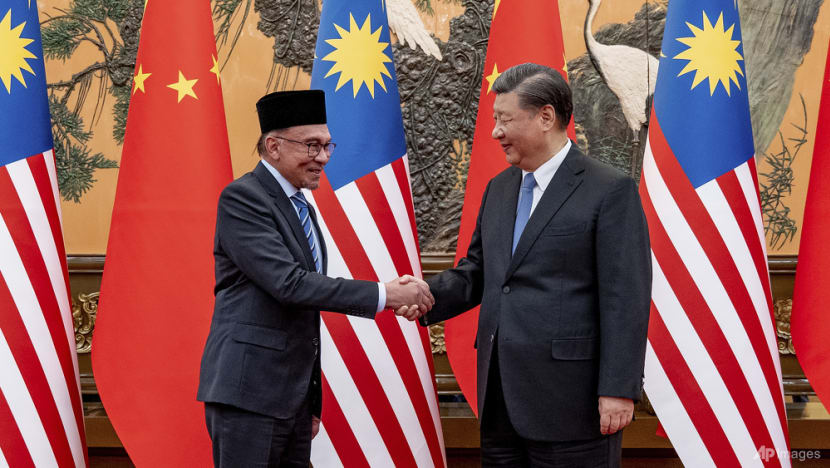
KUALA LUMPUR: Malaysian Prime Minister Anwar Ibrahim is leveraging his maiden high-profile official visit last week to China, Malaysia’s largest trading partner and its most important Asian partner, to deflect criticism over his failure to meet with Saudi Arabia’s top two leaders during a visit to the kingdom a week before his China trip.
“Great and outstanding reception and attention received. I take this to be a very positive development,” said Anwar on Sunday (Apr 2), as he branded his three-day trip to Beijing a success. Anwar’s Facebook page has at least 10 posts of the trip, with photos of him with Chinese President Xi Jinping and newly appointed premier Li Qiang.
Local media have spun articles of a “successful” China trip with “huge returns”. Anwar on Saturday also highlighted a record RM170 billion (US$38 billion) worth of investment commitments secured from China from 19 memorandums of understanding signed during his visit to Beijing.
At one level, the strategy appears to be working.
In the country’s multi-ethnic urban centres, where economic issues are priority, the negative publicity triggered by the Saudi trip appears to have subsided. Opposition leaders, who described Anwar’s failure to meet with King Salman bin Abdulaziz Al Saud and Crown Prince Mohammed bin Salman as a diplomatic blunder and a direct snub, no longer dominate the local news cycles and social media.
IDLE CHATTER OR SERIOUS TALKING POINT?
But in the hard-to-gauge rural regions, dominated by ethnic Muslim Malays who make up more than 60 per cent of the country’s 33.6 million people, Anwar’s Saudi trip is now the trending conversation during the holy month of Ramadan.
In these areas, where conservatism is on the rise and with Islam playing a pivotal role in daily life, Anwar’s political opponents, particularly from the ultra-right opposition Parti Islam Se-Malaysia (PAS), are stoking the anti-government fires by pushing the narrative that the prime minister’s failure to secure a meeting with the Saudi leadership was a deliberate snub and posed a serious risk to diplomatic relations.
PAS leaders have also gone as far as to allege that the Saudi royal family, widely revered in Malaysia because of their exalted status as custodians of Islam’s most holy sites, could cut back on Malaysia’s quota for the pilgrimage to Mecca, or the Haj.
The growing adverse sentiment among conservative Malays, who voted in favour of PAS and its ally, Parti Pribumi Bersatu Malaysia (Bersatu) in the November 2022 general election, is going to be difficult, especially at a time when Anwar is trying to win political support from the community ahead of a crucial set of regional elections for state assemblies that will take place sometime in June or July.
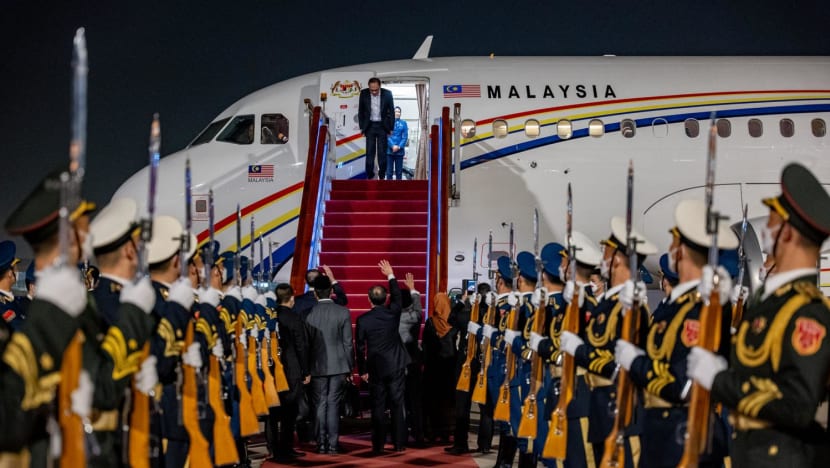
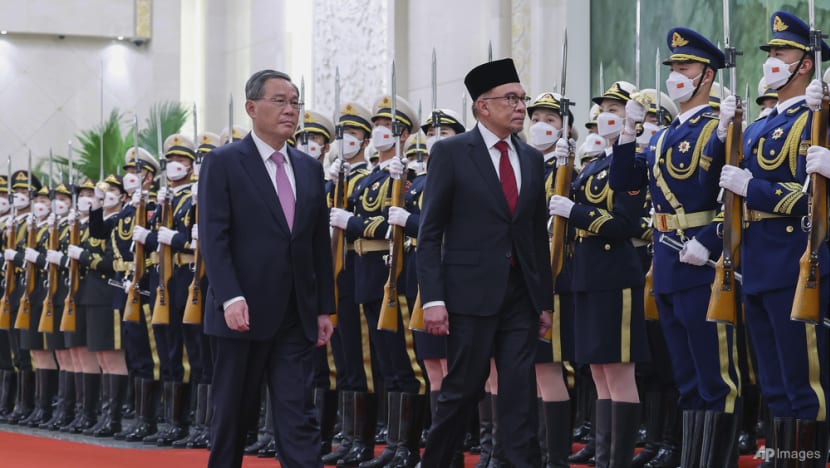
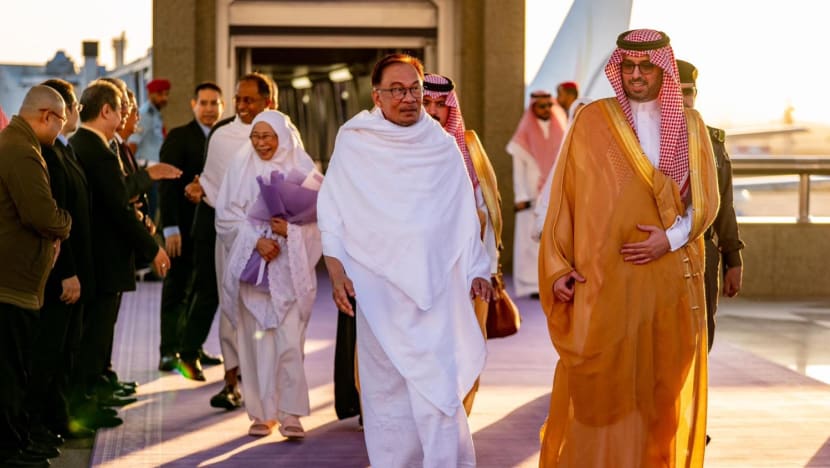
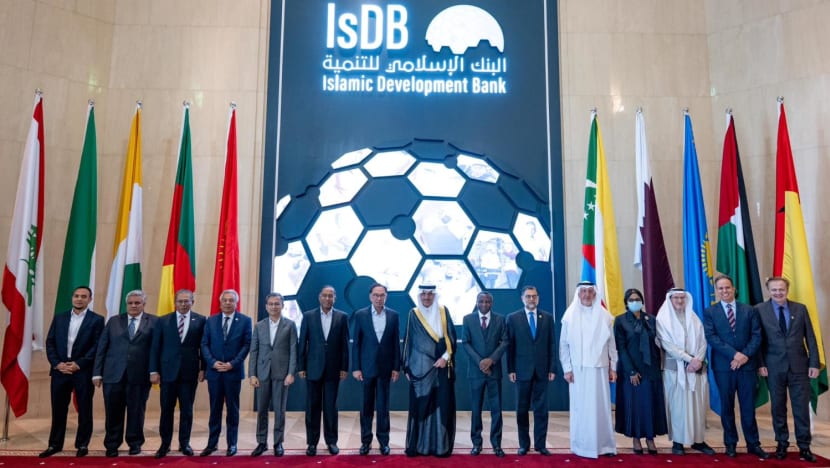
BUSY SCHEDULE OR INTENTIONAL SNUB?
Unlike Anwar’s trip to China which was made public weeks in advance, the three-day visit to Saudi Arabia that began on Mar 22 came as a surprise and several insiders in Anwar’s camp conceded that there should have been more forward planning for such an important visit.
Malaysia’s Foreign Ministry issued a statement after Anwar had arrived in Jeddah that the prime minister was on an official visit on the invitation of Saudi Crown Prince Mohammed bin Salman, the de facto ruler of the kingdom, and was also slated to meet with the King.
The meetings did not take place.
Malaysia's national news agency Bernama subsequently reported that scheduling issues had prevented the leaders from both countries from holding talks.
Anwar took to social media too on Mar 25 to say that he was asked to extend his stay in Saudi but could not do so due to time constraints and prior commitments. Scheduled for trips to Cambodia on Mar 27 and China on Mar 29, it does seem impossible for Anwar to have extended his stay in Saudi.
But Anwar’s failure to meet with the Saudi leadership could also have other ramifications on his personal political standing.
The Saudis have long had misgivings about Anwar, particularly over his close ties to countries and leaders that do not enjoy close ties with the kingdom.
But Anwar’s close supporters insist that Malaysia-Saudi Arabia relations remain strong, with several major initiatives in the pipeline, including one proposal to make Malaysia the clearing hub for immigration for Muslims in the region planning to perform the Haj in Saudi Arabia.
Nevertheless, the negative optics when comparing two recent international trips will take some time to go away. It doesn’t matter if Anwar’s failure to gain an audience with the King and Crown Prince was because of clashing schedules, poor planning or an intentional snub. The opposition is already stirring it up.
No amount of positive coverage from Anwar’s trip to China will change perceptions that are building in the Malay heartland.
Leslie Lopez is a senior correspondent at CNA Digital who reports on political and economic affairs in the region.



















